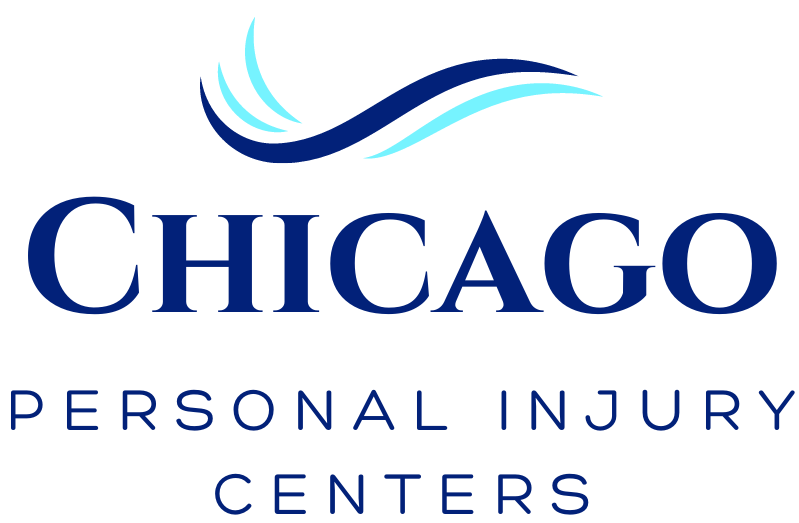Motorcycles offer a faster, lighter, and quicker means to travel than the average vehicle on the road. However, they also come with a greater level of risk to the rider, with fewer structural safety measures than the average car.
Motorcycle riders are more likely to be injured in a crash. The injuries can be devastating, especially ones involving the head. Concussions and head injuries can be fatal, and even when the rider survives, they often have to deal with extensive pain and suffering, and most will require rehabilitation.
If you or a loved one was involved in a motorcycle accident and suffered head injuries, it’s important to see a specialist doctor as soon as possible. At Chicago Personal Injury Centers, our healthcare team has extensive training in providing care after a motorcycle accident.
Common Concussions and Head Injuries
Motorcycle helmets are highly effective when it comes to preventing fatal head injuries from motorcycle accidents. However, they don’t offer 100% protection, and accident victims can be left with serious head injuries, including concussions. Some of the most common head injuries from motorcycle accidents include:
Traumatic Brain Injury
Traumatic brain injury is a blow, bump, or jolt to the head that ends up disrupting the normal functioning of the brain. The injury can be severe, mild, or moderate. However, all traumatic brain injuries are treated as serious.
Concussions
A concussion is a form of traumatic brain injury that is often caused by a blow to the head. In motorcycle accidents, smashing your head on the ground or against a car may be enough to cause a concussion. A concussion could leave you with problems with memory, concentration, coordination, and balance.
Hematomas
There are a few types of hematomas, which could range from mild ones to life-threatening ones. Hematomas are categorized based on where they occur on the brain but usually involve blood clots in and around the brain. In some cases, surgery might be needed to treat certain hematomas.
Skull Fractures
As the name suggests, these occur when the skull bone breaks. The most common skull fractures in motorcycle accidents are linear fractures, which typically don’t require surgery.
How Are Concussions and Head Injuries Diagnosed?
Whenever a motorcycle crash victim is brought to the emergency room, doctors will evaluate their condition using various tests to establish the extent of the head injury. Some of the initial evaluations are a multi-stage test involving a physical exam along with cognitive testing.
Glasgow Coma Score
One of the first tests is using the Glasgow Coma Score. This is a 15-point scale that essentially grades the patient’s level of consciousness via observation of eye, muscle, and cognitive response. Each assessment is given a score and the total is used to establish the level of injury.
Medical Imaging
In case the doctors suspect that a motorcycle accident victim has a traumatic brain injury, they will try to stabilize the life-threatening injuries first and then order medical brain imaging. Computed Tomography (CT) and Magnetic Resonance Imaging (MRI) are often used in brain imaging to assess the nature and severity of brain injuries.
It’s worth noting that if brain injuries are not diagnosed quickly enough, the symptoms could advance and become life-threatening. It’s therefore important to see a doctor as soon as possible after the accident, even if you feel the injuries are mild.
Treatment for Concussions and Head Injuries
Mild forms of concussions and head injuries are often treated with pain management and relievers while the body naturally heals itself. Sometimes pain experienced in the head and neck can be successfully treated with trigger point injections. For some more serious cases, advanced treatments may be necessary, such as medication management, surgical intervention, or even a medically induced coma to help with the treatment.
The short-term goal of any head injury treatment will be to resuscitate the victim and support them while minimizing the risk of advancing the injury. Most successful treatments result in the patient progressing to the recovery phase, however, treating the physical injuries is simply a first step towards making a full recovery.
Non-Medical Therapies
Due to the complex nature of head injuries, some non-medical approaches may be used to get the victim as close as possible to their old normal. These include:
- Speech therapy
- Physical therapy
- Counseling services
- Occupational therapy
These procedures are often used to help the victims regain any of the abilities they might have lost through the mental faculties and muscles that were damaged in the motorcycle crash.
Consult With Our Experienced Personal Injury Physicians Today
Head and brain injuries following a motorcycle accident can have serious consequences for the victim and their loved ones. This makes it important to find a team that understands what the individual might be going through and can recommend the most effective care.
Chicago Personal Injury Centers has a team of healthcare professionals with various specializations to provide comprehensive treatment and rehabilitation services for motorcycle accident victims. Whether it’s a mild, moderate, or severe head injury, our personal injury doctors and therapists can help manage the symptoms, minimize the damage, and ensure a full recovery.
Contact Chicago Personal Injury Centers at (773) 482-5800 today for a consultation.
